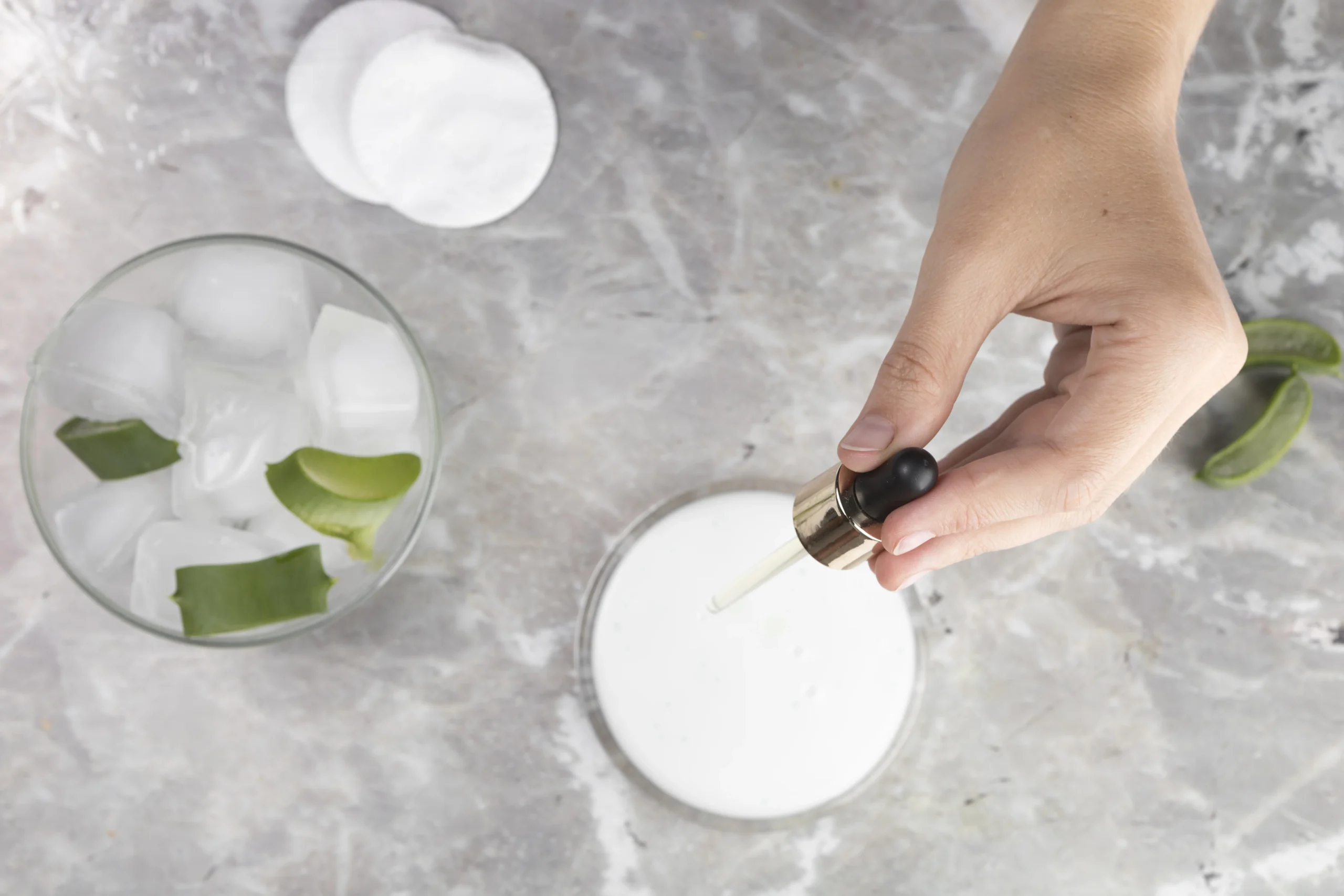Struggling to fall asleep or stay asleep? You’re not alone. With growing interest in natural sleep aids, glycine is emerging as a promising option. This simple amino acid, available in foods and supplements, may help you drift off faster and wake up feeling refreshed. At Avid Organics, we’re dedicated to exploring natural ways to enhance your well-being, and glycine for sleep is an exciting topic worth diving into.
Here’s a quick overview of how glycine can improve your sleep:
| Benefit | Explanation |
|---|---|
| Faster Sleep Onset | Lowers core body temperature, signaling sleep readiness. |
| Improved Sleep Quality | Increases serotonin production, regulating mood and sleep cycles. |
| Reduced Fatigue Next Day | Calms the nervous system, improving restfulness. |
| Enhanced Daytime Performance | Boosts cognitive function and alertness post-sleep. |
In this blog, we’ll explore what glycine is, how it supports sleep, and how you can use it effectively for a better night’s rest.
What is Glycine?
Glycine is a non-essential amino acid your body naturally produces and obtains from protein-rich foods like meat, fish, dairy, and legumes. It plays a key role in building proteins and acts as a neurotransmitter, influencing brain function. This unique combination makes glycine a potential game-changer for sleep by calming the nervous system and supporting your body’s natural rest processes.
How Glycine May Improve Sleep
So, how does glycine for sleep work? Research points to a few key mechanisms:
- Lowers Core Body Temperature: Glycine helps drop your body temperature, a natural trigger for sleep.
- Increases Serotonin Levels: It boosts serotonin, a neurotransmitter tied to mood and sleep regulation.
- Calms the Nervous System: As an inhibitory neurotransmitter, glycine promotes relaxation, easing you into sleep.
Scientific studies back this up. A study published in Frontiers in Neurology showed that taking 3 grams of glycine before bed improved sleep quality and reduced daytime fatigue in people with limited sleep (source). Another study in Sleep and Biological Rhythms found participants reported better sleep satisfaction after using glycine (source). While larger studies are needed, these results suggest glycine could be a natural ally for better rest.
How to Use Glycine for Sleep
Ready to give glycine for sleep a try? Here’s how to get started:
- Dosage: Take 3 grams (roughly 1 teaspoon of powder) 30-60 minutes before bedtime.
- Forms: Choose between powder (mix with water) or capsules, based on your preference.
- Timing: Consistency matters—use it nightly to see cumulative benefits.
At this dose, glycine is generally well-tolerated. If you’re new to it, start with a smaller amount and adjust as needed. Always check with a healthcare provider if you’re unsure, especially if you take medications.
Safety and Precautions
For most people, glycine for sleep is safe, but here are some precautions to consider:
- Side Effects: Rare, but mild nausea or stomach discomfort may occur.
- Drug Interactions: Glycine might interact with antipsychotics like clozapine—consult your doctor if this applies to you.
- Special Cases: Pregnant or breastfeeding individuals should seek medical advice due to limited long-term data.
Avoid exceeding the recommended dose, as high amounts can be harmful. Pairing glycine with healthy sleep habits will maximize its benefits without relying on it as a quick fix.
Enhancing Your Sleep Routine with Glycine
To get the most out of glycine for sleep, combine it with these sleep hygiene tips:
- Keep a Consistent Schedule: Go to bed and wake up at the same time every day.
- Optimize Your Environment: Make your bedroom dark, quiet, and cool.
- Ditch Screens: Avoid phones or TVs 30 minutes before bed to limit blue light exposure.
Together, these habits and glycine create a holistic approach to deeper, more restorative sleep.
FAQs About Glycine for Sleep
Still curious? Here are answers to common questions:
How long does it take for glycine to work for sleep?
Some notice benefits within a few nights, though it may take up to 2 weeks for full effects.
Can I take glycine every night?
Yes, it’s safe for daily use at the recommended 3-gram dose.
Is glycine better than melatonin?
Glycine promotes relaxation naturally, while melatonin cues sleep onset—your preference may depend on what works for you.
Can I get enough glycine from food for sleep?
Food provides glycine, but supplements offer a concentrated dose more suited for sleep support.
Are there risks to taking glycine for sleep?
It’s low-risk for most, but consult a doctor if you’re on meds or have health conditions.
Conclusion
Glycine for sleep is a natural, research-supported option to help you fall asleep faster and wake up refreshed. Whether you’re battling restless nights or just want better rest, it’s an easy addition to your routine. At Avid Organics, we’re passionate about sustainable wellness, and glycine fits right into that mission. Ready to sleep better naturally? Try glycine tonight and let us know how it goes in the comments!
For more updates on our latest innovations, sustainability initiatives, and upcoming events, follow us on LinkedIn and stay connected through our official website. Stay tuned for exciting developments as we continue to push the boundaries of nutraceutical excellence!




